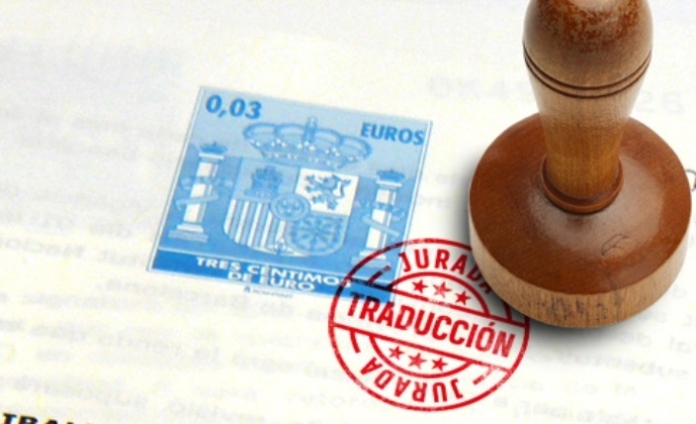Sworn translations are very important for making official documents valid in different areas. Whether for immigration, studying in another country, or legal matters, a certified translation is often required.
In this article, we will explain what sworn translations are and when they are needed.

What are sworn translations?
To begin with, sworn translations are legally valid, official translations carried out by a sworn translator authorized by a legal institution.
In many countries, these translators receive certification that allows them to validate documents for legal purposes.
Moreover, a sworn translation not only translates the original content. It also includes the sworn translator’s signature, seal, and certification to confirm thath the translation is accurate and reliable.
When should sworn translations be used?
Sworn translations are necessary in various situations, especially when submitting official documents to government offices, schools or courts. The most common cases include:
1. Immigration and nationality procedures
First and foremost, when you applying for citizenship or residency in another country, you usually require official translations. Because of this, these documents may include:
- Birth certificates
- Marriage or divorce certificates
- Criminal records
- Passports and identification documents
2. Studying abroad
Furthermore, if you plan to study in another country, the university or school may ask for these type of translations of academic records, such as:
- University degrees and diplomas
- Academic transcripts
- Grade certificates
3. Legal and judicial procedures
In addition, for legal cases involving documents in another language, a sworn translation may be necessary for:
- Court rulings
- Wills and notarized powers of attorney
- Lawsuits and legal documents
4. International business and contracts
Similarly, companies working internationally often need sworn translations for documents like:
- Commercial contracts
- Articles of incorporation
- Company statutes and commercial registers
- Financial statements and audits
5. Medical documents
Lastly, if you need medical treatments abroad or are dealing with insurance claims, you may need sworn translations for:
- Medical reports
- Clinical records
- Vaccination certificates
Who can perform a sworn translation?
Not all translators can provide a sworn translation. Only those authorized by a legal institution can certify that a translation is official. The titles for these professionals vary by country:
- Spain: Sworn Translators-Interpreters accredited by the Ministry of Foreign Affairs.
- France: Translators assermentés, registered with the courts.
- United States: There is no national system for sworn translators, but some agencies certify translations.
How to know if you need a sworn translation?
As we have already seen, if you need to submit documents in another language to an official institution, it is essential to check with them first.
Moreover, some institutions specify whether these translations are required or if a simple translation is sufficient.
Additionally, some documents may need an Apostille of The Hague to be valid internationally.
Conclusion
In conclusion, these type of translations are important for many legal, academic, and official processes. If you need to submit documents in another language, it is crucial to get a certified translation from an authorized translator.
Finally, before starting any procedure, check the requirements of the institution to avoid delays or problems.




